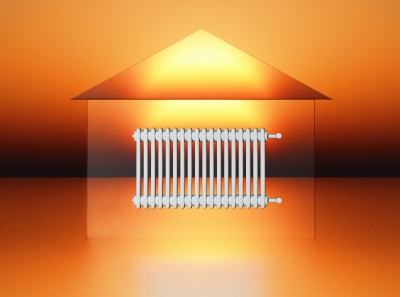Despite coming into the summer months, there is no better time to be thinking about insulation! With insulation companies in a lull season you are not only more likely to get the best price deals, you are also more likely to choose your desired date. Thinking about how to make your home more energy efficient now, you will be able to reduce your heating bill ready in preparation for the inevitably cooler months.
Loft Insulation
One of the most well-known type of insulation is the loft, it works by preventing heat from escaping through the roof. Heat rises and in an uninsulated home, it is estimated that over a quarter of heat is lost through the roof! Insulating your loft, attic or roof is a simple but effective way to reduce heat loss and keep your heating bills low. Loft insulation is effective for at least 40 years, if installed properly and well looked after, meaning the investment you make will easily pay for itself many times over.
Wall Insulation
It is estimated that around 35 per cent of heat is lost through the external walls of your home by installing cavity wall insulation alone! Insulating your home correctly will make your home hotter for longer, saving you plenty of money on those cold days. The process involves drilling small holes into the walls of your home and filling the space with insulation materials, such as Icynene foam spray insulation, which expands through the wall filling up every corner, preventing air filtration into the wall. Wall insulation tends to be in the region of a couple of hundred pounds, not exactly bank breaking, but the costs can add up! So before your rule this out, check the government website or give them a call to see if you are eligible for reduced or free insulation work.
Floor Insulation
One that often goes unnoticed if floor insulation, this is the foam between the joists underneath the floor, the better the insulation the more heat the floor with trap and stop the cold air rising through the floor. Some of the most obvious ways to insulate floors are mineral wool and polystyrene slabs. These methods is particularly suitable for floorboards and laminate flooring as they allow more cold air to rise than carpeting. Floor insulation is not only a good standalone investment; it’s also an essential addition to underfloor heating. Heating your floor from underneath will evenly distribute heat throughout your home rather than providing restricted heat like that of a wall radiator. Some argue that the initial cost for floor insulation can be high and varies widely depending on whether you opt for an electric or wet system, but this investment is quickly balanced out by great efficiency and thus saving you money in the long run.
Eco Insulation
Icynene spray foam insulation is a soft, flexible and eco-friendly that delivers up to 50% greater energy savings when you compare this to other insulation products on the market. Unlike other foams, Icynene’s unique polyicynene formulation is 100% water blown and therefore contains no damaging properties, volatile organic chemicals or formaldehyde – making it safer to inhale! It also absorbs the lowest amount of moisture and has the highest level of vapour resistivity of any soft foam on the market. This new product on the market is quickly becoming insulators favourite, with extra benefits that the traditional fibreglass insulation just can’t compete with.

